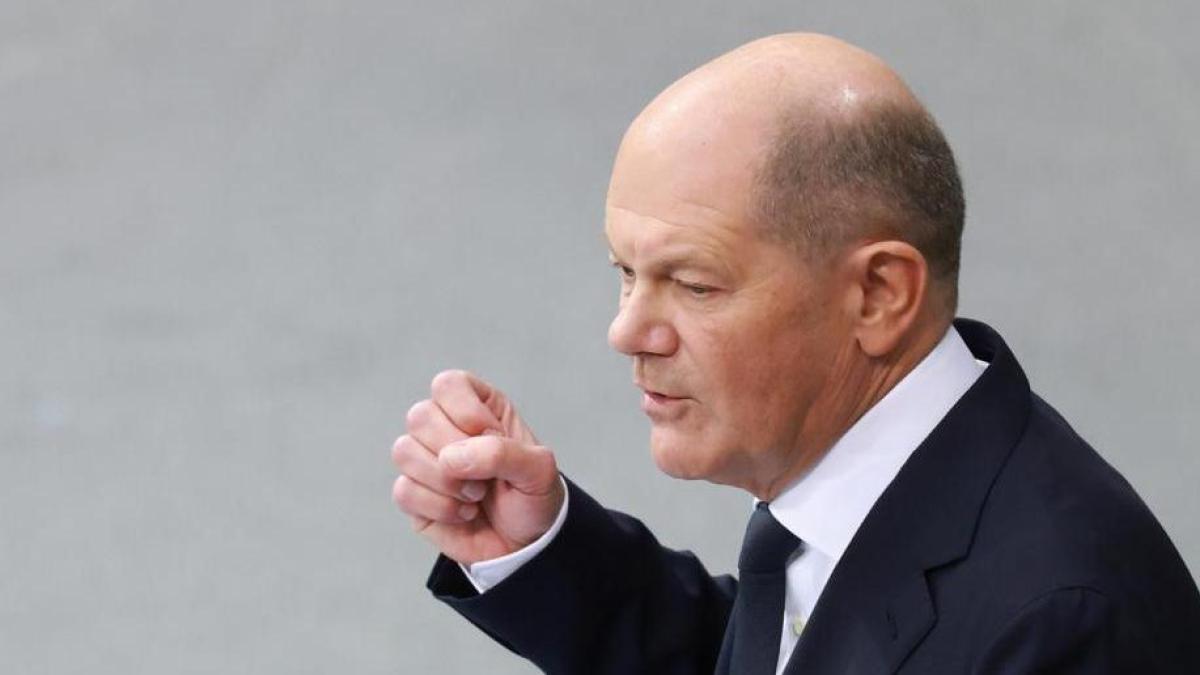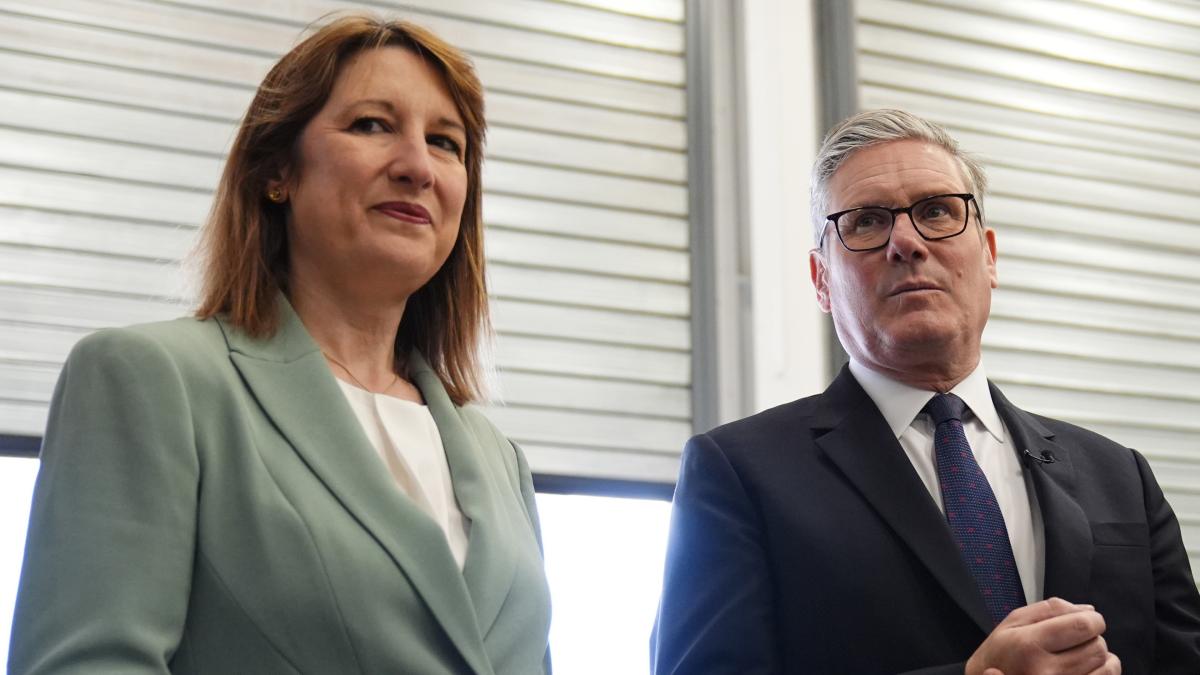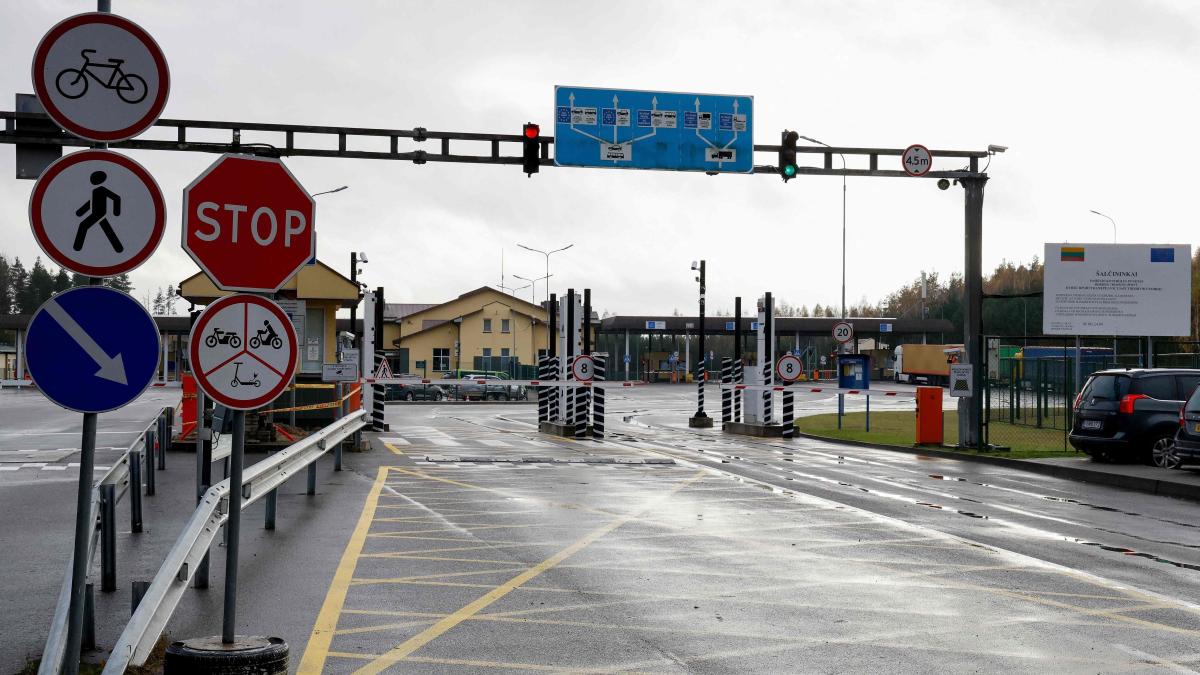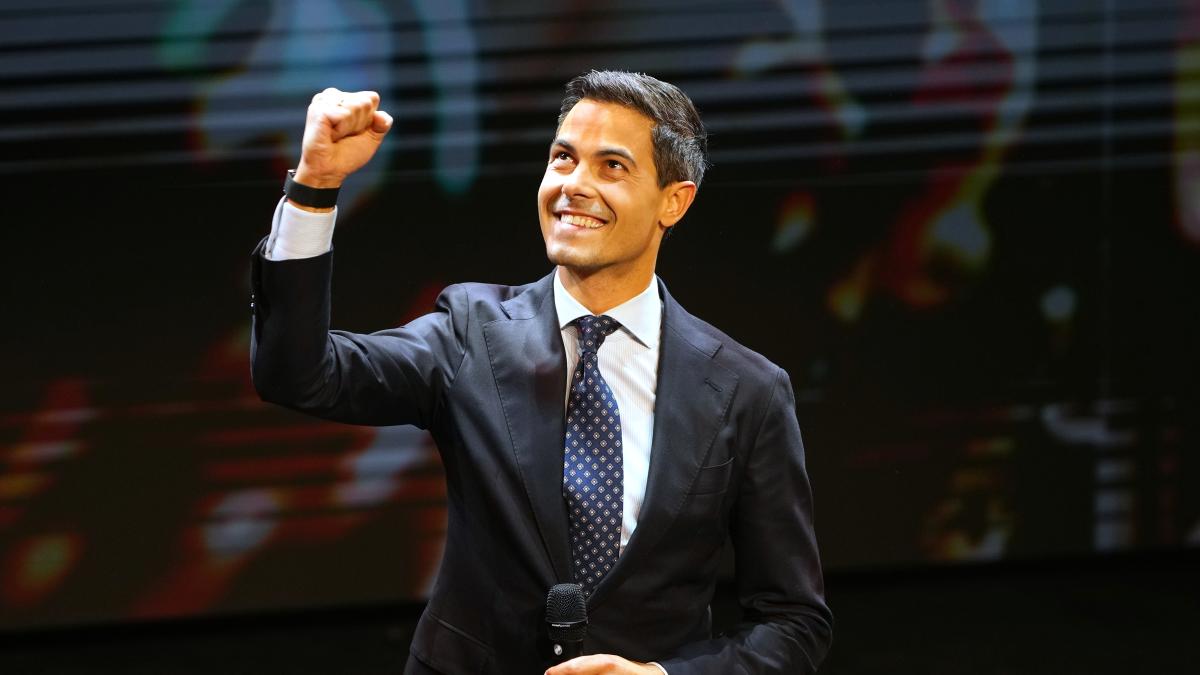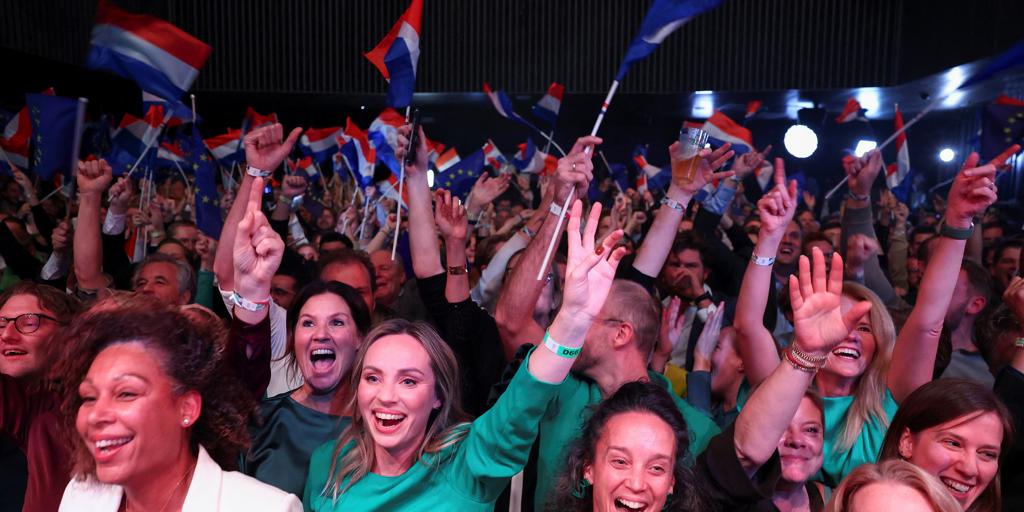“`html
The once-mighty German chancellor, Olaf Scholz, finds himself in a precarious position, weakened and grappling with the fallout of his failed tripartite coalition. As the nation gears up for the early elections on February 23, Scholz issued an impassioned plea in the Bundestag, desperately seeking support from the opposition for his “critical” laws aimed at salvaging Germany’s future.
Scholz’s Desperate Bid for Support
In a rambling 30-minute speech, Scholz, visibly shaken, declared, “It’s about whether we move forward strongly like our partners around the world or whether we play against each other at the expense of our future.” This is a last-ditch effort to revive his administration and appease a restless populace.
The Harsh Reality
Polling forecasts spell bad news for Scholz, predicting Friedrich Merz’s conservatives (CDU/CSU) will claim a commanding 33% of the vote, while the Social Democrats languish at a mere 16%. Even more alarming, the far-right AfD appears poised to seize the second parliamentary spot with a projected 17%.
Merz Strikes a Chord
“You live in your own cosmos, you have not understood what is happening in the country!”
These words from Merz ring loud and clear—Scholz is out of touch with the German people and the mounting crises facing the nation. As he battles to retain power, he insists on urgent laws like boosting child benefits and revamping industry support, but the clock is ticking.
Security vs. Social Benefits
Scholz is caught in a bind; he insists that Germany needs to invest more in security and continue its support for Ukraine without sacrificing pensions or social welfare. “I will never make citizens choose between security and prosperity,” he proclaimed, a sentiment dripping with desperation amid rising populism.
The Polarization Accusation
“It is evident that you live in your own world!”
Reprimanded by Merz for the divisive climate in Germany, Scholz clings to his narrative of consensus and unity. But what he fails to see is that his approach has left many citizens disillusioned and questioning his leadership.
The Future of German Leadership
As Friedrich Merz officially steps forward as the CDU/CSU candidate for chancellor, discontent within the SPD grows. Calls for Minister of Defense Boris Pistorius to take the reins reflect a party in turmoil and a leadership that may soon change hands.
With fractures and infighting rampant and the specter of early elections looming, the message is clear: Germany needs strong leadership, but will Olaf Scholz be able to provide it, or will his time come to an end?
“`

